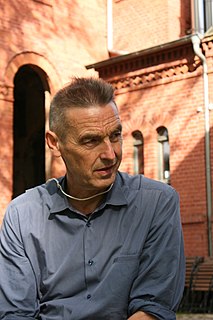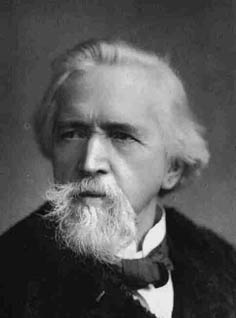A Quote by Marcus Tullius Cicero
Every generous action loves the public view; yet no theatre for virtue is equal to a consciousness of it.
Related Quotes
Compare the cinema with theatre. Both are dramatic arts. Theatre brings actors before a public and every night during the season they re-enact the same drama. Deep in the nature of theatre is a sense of ritual. The cinema, by contrast, transports its audience individually, singly, out of the theatre towards the unknown.
We live under the power of Modern Consciousness, which means that we are obsessed with progress. Wherever you are is not good enough. We always want to achieve something, rather than experience something. The opposite of this is Spiritual Consciousness. By that I mean you find enchantment in every action you do, rather in just the results of your action. Spiritual Consciousness is not a particular religion but a way of being.
I think it is now time for social scientists to step out of the shadow and to establish an advanced social sciences methodology that integrates science (third-person view) social transformation (second-person view) and the evolution of self (first-person view) into a coherent framework of consciousness-based action research
An essential virtue is humility. ... The principle of humility and prayer leads one to feel a need of divine guidance. Self-reliance is a virtue, but with it should go a consciousness of the need of superior help-a consciousness that as you walk firmly in the pathway of duty, there is a possibility of your making a misstep; and with that consciousness is a prayer, a pleading that God will inspire you to avoid that false step
Public virtue cannot exist in a nation without private, and public virtue is the only foundation of republics. There must be a positive passion for the public good, the public interest, honour, power and glory, established in the minds of the people, or there can be no republican government, nor any real liberty: and this public passion must be superiour to all private passions.
Many times people ask me, "What is sin and what is virtue? And how to decide?" If you decide your decision will be wrong. If you choose you will be wrong. All choice is wrong. There is no way to decide. There is no need to decide what is sin and what is virtue. You only need a transparent mind, a clarity, a thoughtless mind, a no-mind, a mirror-like consciousness. In that consciousness WHATSOEVER HAPPENS is virtue. In that consciousness WHATSOEVER CANNOT HAPPEN is sin.
The love of action is a principle of a much stronger and more doubtful nature. It often leads to anger, to ambition, and to revenge; but when it is guided by the sense of propriety and benevolence, it becomes the parent of every virtue, and, if those virtues are accompanied with equal abilities, a family, a state, or an empire may be indebted for their safety and prosperity to the undaunted courage of a single man.










































